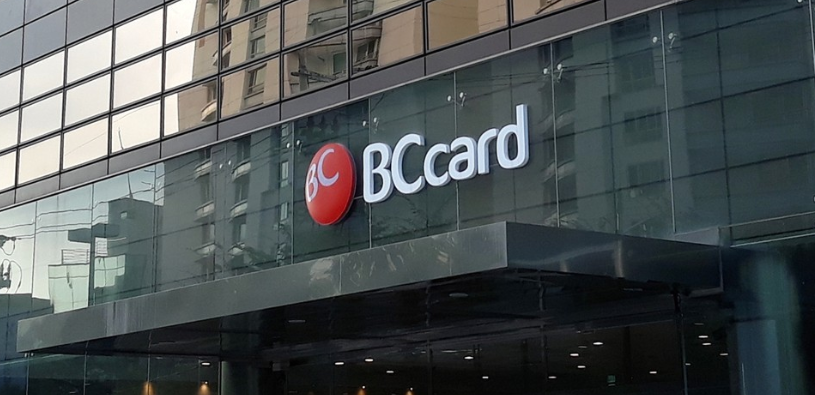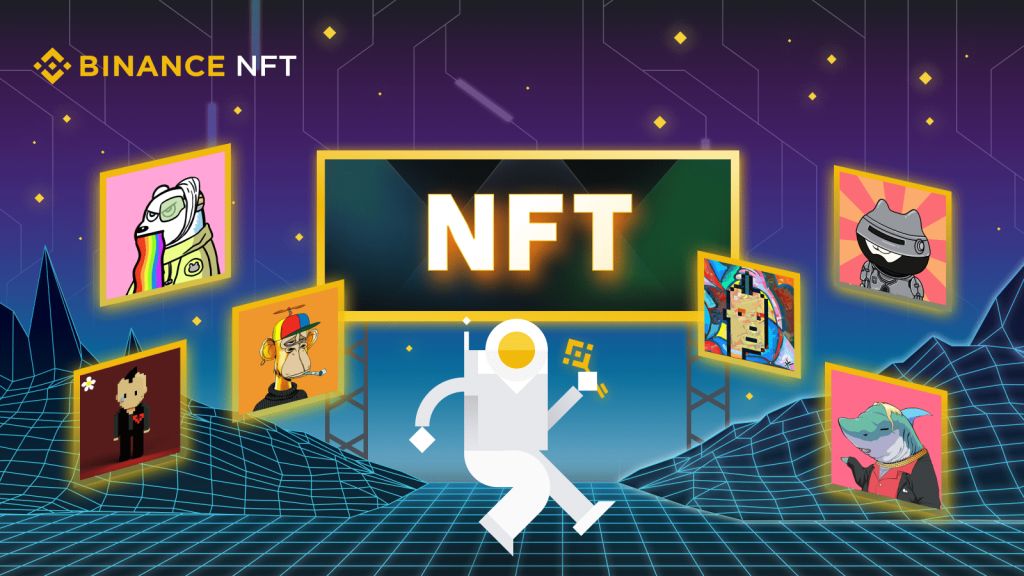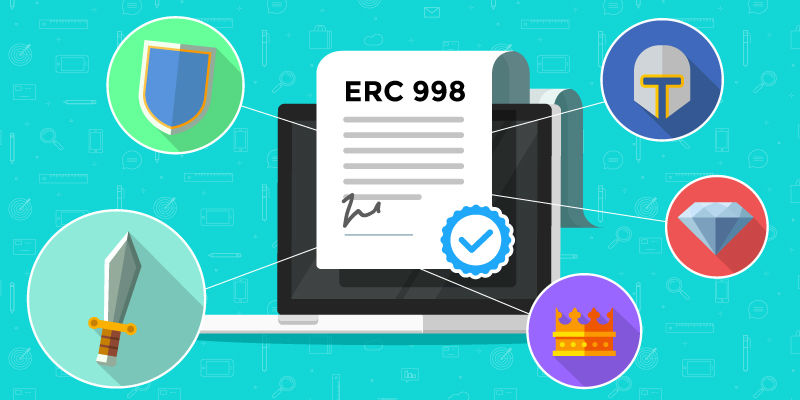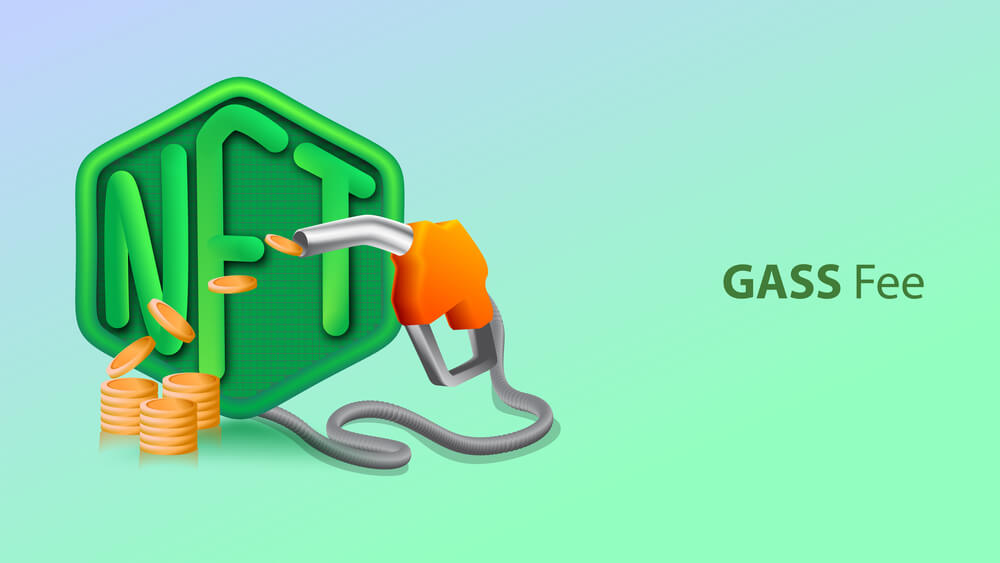In a world where digital assets have massive potential to become the norm, South Korea’s BC Card confirmed that it has applied for two domestic patents to use non-fungible tokens (NFTs) to confirm the purchase details in trading used luxury goods. While NFTs are mostly known for their role in art and collectibles, BC Card strives to expand the scope, addressing real-world issues in consumer transactions.
The Mechanism Of NFT Receipts
BC Card strives to change a traditional receipt into an NFT; a user would upload a picture or file of the receipt to Paybooc, BC Card’s proprietary payment app. This app then automatically saves a photo of it as an NFT on the blockchain.
Furthermore, BC Card aims to unveil a digital wallet, making it probable to send, read, and receive the NFT receipt without having to download it from a credit card issuer’s website.
By design, issuing such kind of digital receipt becomes challenging after a particular period has ended since the original purchase. This now brings us to a crucial benefit of this network. Based on a statement by BC Card:
“Receipts registered on the blockchain cannot be counterfeited or tampered with, and the risk of loss is eliminated due to storage on the server.”

Impact On The Used Goods Market
What makes the development mainly notable is the huge potential that it holds for the used goods market. This patented technology is expected to work as a ‘digital guarantee’ for sellers and buyers of secondhand high-end items such as luxury watches, bags, and limited edition sneakers. Considering the increase in the rate of transactions in this space, a digital guarantee might become indispensable.
The resale market for retail goods in South Korea is slowly gaining traction among the country’s established retail and technology firms. The uptick is mostly notable in the luxury industry, as consumers majorly look for pre-owned items because of the current economic pressures including inflation.
Moreover, BC Card aims to leverage the payment receipt data for hyper-customized marketing strategies according to artificial intelligence consumption analysis. This represents a dual benefit for the firm, which already has a massive portfolio of payment solutions, such as offline and online prepaid cards, debit and credit cards, and gift cards.
The takeaway: NFTs Beyond Collectibles And Art
BC Card’s initiative highlights the increasing versatility of NFT technology, pushing it beyond the niche corners of art and rare collectibles into practical, daily applications. By digitizing payment receipts as NFTs, the firm is not just keeping pace with technological advancement; it has also managed to resolve a particular issue in the used luxury goods market. As non-fungible tokens continue evolving, innovations keep pushing the boundaries and showcase the possible utility of blockchain technology in our daily lives.





